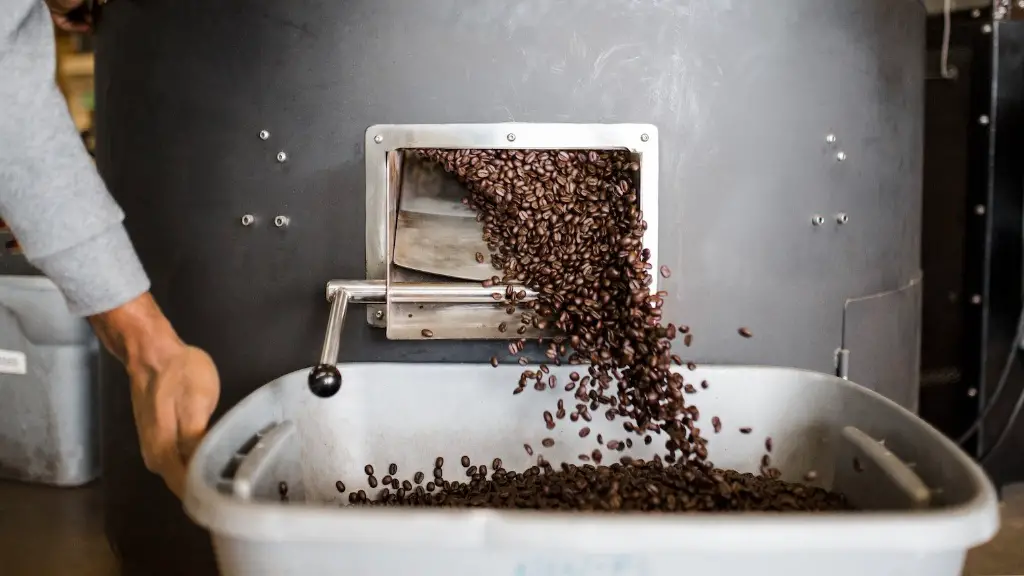As parents, it is crucial that we are cognizant of when kids should be allowed to start drinking coffee. With rapid changes in both the café culture industry and the age-old traditions in parenting, it is important to understand the fundamentals of this hot beverage. Coffee has largely taken hold of society, manifesting itself in everyday life. With so many people drinking coffee, it becomes tough to grapple with and understand the question of when it is appropriate to introduce coffee to children.
Generally speaking, caffeine is something that best to avoid until children are at least twelve years old. According to the American Academy of Pediatrics, caffeine can lead to health problems, increased restlessness, and musculoskeletal development difficulties. It can also have an effect on metabolism and thwart normal growth. Meanwhile, too much caffeine can lead to feelings of jitteriness, childhood anxiety, and even heart palpitations.
Despite the existing recommendations from medical groups, the decision of when it is safe for kids to start drinking coffee is ultimately up to that family’s values, traditions, and needs. Parents are encouraged to think about the individual child’s emotional and physical characteristics, in addition to how coffee fits into their own family’s routines.
A huge factor to consider when it comes to coffee is the taste. It is not uncommon for children to naturally dislike coffee’s flavor when they first try it. Knowing this, many parents are hesitant to offer coffee to their kids while they’re still young. Further, unsweetened coffee can induce dehydration which can become a significant health risk.
In terms of caffeine content, it is important to remember that coffee may not always be the answer when considering energy sources for kids. Energy drinks and tea with high levels of added caffeine can have the same – if not worse – effect as coffee when consumed by children. Hence, parents are urged to ensure that they monitor the types of drinks their children is consuming, regardless of caffeine content.
Be aware that children can become overly dependent on caffeine. This can be concerning if caffeine is their only way to stay energized and alert. When children become constantly exposed to caffeine, it can lead them to develop an unhealthy relationship which can most definitely affect their daily life. Every time they feel sleepy or need to work on something that requires a lot of energy, they’ll only get the caffeine kick.
Accessibility of Coffee
An important concern which can arise when discussing when it is appropriate to introduce coffee to children is that of accessibility. It is necessary to think about how much access to kids will be given to coffee, or even just caffeine in general. As such, parents need to further consider how much of such concoctions exist in the home and surrounding environment. If parents are drinking coffee on a regular basis, a child may misunderstand the implications of it and naturally be exposed to coffee at a younger age.
The accessibility of coffee comes into play in coffeehouses as well. Not only can coffeehouses pose questions about appropriate ages for coffee drinking, but they can also be distracting and isolating places for some children. Coffeehouses are best reserved for over-18s, and it is necessary that parents make sure to consider this when taking their children on outings.
For those that decide to let their children drink coffee, it is important to monitor the levels of caffeine they are consuming and educate them on mindful drinking. It is best to advise children to take their time and consider the effects that coffee can have on the body in order to help them develop a healthy relationship with coffee.
Alternatives to Drinking Coffee
In terms of alternatives for coffee, there are several healthier and more age-appropriate options for kids, such as herbal teas, hot chocolate, organic roasted juices, or warm milk with honey. These options provide kids with the same warmth and comfort of a hot beverage, without the potentially harmful effects of high levels of caffeine.
As kids progress in age, it may become apparent that they want to start drinking coffee or explore other caffeinated drinks. It is then that parents should start teaching their children about using caffeine in a productive way and how to become mindful consumers. That is to say, introducing kids to coffee when they’re ready and teaching them how to use caffeine in small doses can help prepare them for an adult relationship with the beverage.
Bringing it all Together
When it comes to introducing children to coffee, parents must think through their answers to this question carefully. They should consider their family’s values, the individual child, their own safety and the safety of their peers, along with the health impacts of too much caffeine. In the end, it is the family’s decision, but it is important to consider all the appropriate options and plan around a child’s needs.
Most importantly, no matter when and how it is introduced, it is important that parents talk openly and honestly about coffee with their children. Education is one of the most powerful tools parents have at their disposal when it comes to keeping their children safe, and this is especially true when it comes to coffee. Education around coffee an open dialogue between a parent and a child can help kids learn how to become mindful caffeine consumers.
Alternative Sources of Caffeine
In modern society, coffee is not the only source of caffeine. Products such as energy drinks and tea can also contain caffeine and should be monitored when it comes to kids. In many cases, energy drinks have much higher caffeine content than coffee, and thus can be more dangerous when consumed by kids. As with coffee, understanding the amount of caffeine per serving in energy drinks, along with the health implications of these drinks, is important to teach children, especially when they are over the age of twelve.
Many parents have turned to low-caffeine energy drinks to provide their children with the energy they need in a day. Some energy drinks now contain natural and organic ingredients and provide a boost of vitamins and minerals as well. It is always important for parents to make sure that their children are aware of the risks associated with all caffeinated drinks, regardless of the health benefits or caffeine content.
Educating Kids on Coffee
It is important for parents to think seriously about when and how to educate their children on coffee. An important aspect to consider is that caffeine does not need to be consumed in order for a child to be successful and energized. Parents should make sure that their children are participating in regular exercise – such as sports or other forms of physical activity – in order to obtain the energy they need in a day.
The schedule and diet of the child can play a large role in how they can cope and thrive. As such, parents should make sure that their children are getting plenty of rest and are eating healthy, and nutrient-rich meals. When kids become accustomed to a healthy lifestyle, and mentally and physically strong, they may find that they do not need coffee after all.
Sipping Slowly
If and when you do decide to allow your children to have coffee, it is essential to understand the need to start small. Parents should consider introducing coffee in small servings, such as a single cup at the breakfast table, before exploring other options. Further, it should be noted that, although there are health benefits to drinking coffee, it is best to not let children develop a dependence on caffeine in order to stay energized.
Similarly, just because it is okay to start drinking coffee in moderation does not mean it is okay to consume it every day. Parents should allow caffeine-free days and teach their children to save coffee when it is really needed. For children that do not like the taste, adding some sugar or nearby sweetener can help mask the bitterness.
Ultimately, when kids aren’t consuming their daily recommended values of iron, calcium and other important vitamins, coffee upgrades to be unfeasible. This is when parents must step in, to create a balanced and healthy diet for their children so that they can be reintroduced to coffee, once their body has had all the necessary nutrients.





